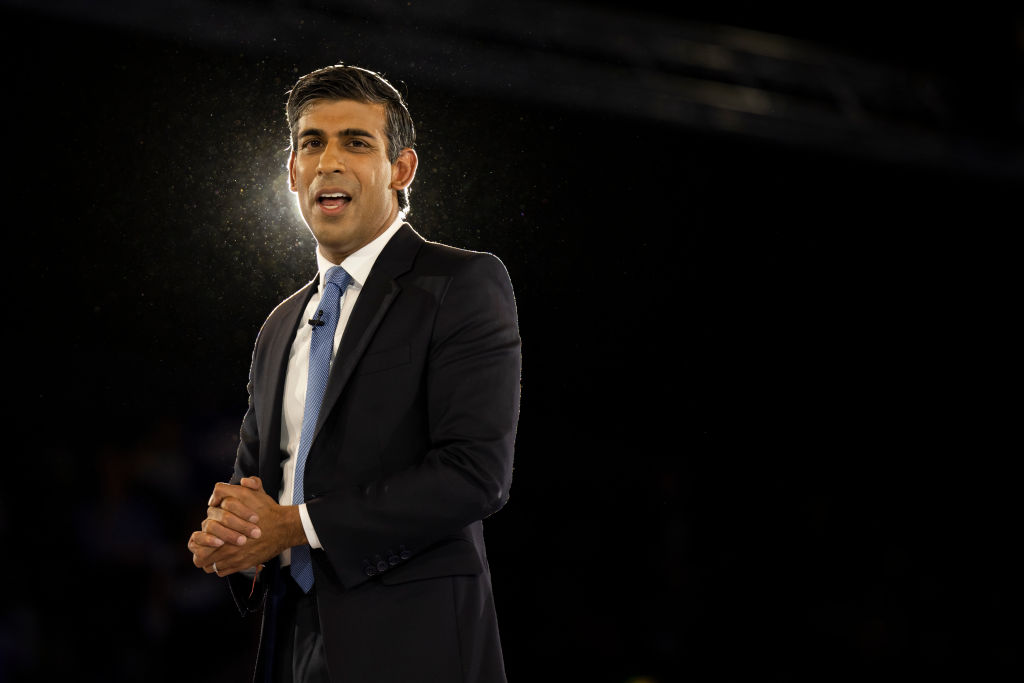Trump’s Lawyer at SCOTUS Today Helped Craft Texas Anti-Abortion Law
The lawyer representing Donald Trump at the Supreme Court on Thursday is no stranger to controversial legal battles: Jonathan Mitchell is one of the primary architects of Texas’s brutal anti-abortion law.The Supreme Court is hearing arguments about whether Trump should appear on the Colorado primary ballot—and by extension, any other state’s ballot. Mitchell argued that the former president should not be disqualified.But before Thursday’s arguments, Mitchell was best known for crafting Texas’s so-called vigilante law, which allows private citizens to sue someone they suspect got an abortion. The law, which was implemented in 2021, bans abortions after six weeks, before most people even know they’re pregnant.Empowering private citizens, instead of state officials, to target people who got an abortion or people who helped someone get an abortion meant the law could circumvent the regulations established by Roe v. Wade, which at the time had not yet been overturned. The state couldn’t punish someone for getting an abortion, but an individual could.Mitchell has said he specializes in strategies for creating legislation that can “withstand a court challenge if one arises.”One of his former law professors, Richard Epstein at the University of Chicago Law School, told NPR in 2023 that Mitchell is “a kind of a technical magician.”The Texas law, of course, has had devastating effects on state residents. Women have been unable to get abortions, either elective or medically necessary. Often, they have been forced to either wait until they suffer life-threatening complications from the pregnancy before they can get an abortion, or they have been forced to give birth to infants that die within hours of birth.Mitchell told NPR that result “concerns” him, because “the statute was never intended to restrict access to medically necessary abortions.” But the reality is that he helped create a culture of fear in Texas, with medical professionals too worried about legal repercussions to advise someone to get an abortion, let alone perform the procedure.And Mitchell is looking to expand that atmosphere. Since Roe was overturned, he has argued for the enforcement of the Comstock Act, a nearly two-centuries-old anti-obscenity law. The measure bans, among other things, the transport of abortion-related materials across state lines. Mitchell, and many other conservative legal figures, believe the Comstock Act can be used to ban the sale of abortion medication.Now, Mitchell’s helping Trump, the man who helped overturn Roe, remain on the ballot.

The lawyer representing Donald Trump at the Supreme Court on Thursday is no stranger to controversial legal battles: Jonathan Mitchell is one of the primary architects of Texas’s brutal anti-abortion law.
The Supreme Court is hearing arguments about whether Trump should appear on the Colorado primary ballot—and by extension, any other state’s ballot. Mitchell argued that the former president should not be disqualified.
But before Thursday’s arguments, Mitchell was best known for crafting Texas’s so-called vigilante law, which allows private citizens to sue someone they suspect got an abortion. The law, which was implemented in 2021, bans abortions after six weeks, before most people even know they’re pregnant.
Empowering private citizens, instead of state officials, to target people who got an abortion or people who helped someone get an abortion meant the law could circumvent the regulations established by Roe v. Wade, which at the time had not yet been overturned. The state couldn’t punish someone for getting an abortion, but an individual could.
Mitchell has said he specializes in strategies for creating legislation that can “withstand a court challenge if one arises.”
One of his former law professors, Richard Epstein at the University of Chicago Law School, told NPR in 2023 that Mitchell is “a kind of a technical magician.”
The Texas law, of course, has had devastating effects on state residents. Women have been unable to get abortions, either elective or medically necessary. Often, they have been forced to either wait until they suffer life-threatening complications from the pregnancy before they can get an abortion, or they have been forced to give birth to infants that die within hours of birth.
Mitchell told NPR that result “concerns” him, because “the statute was never intended to restrict access to medically necessary abortions.” But the reality is that he helped create a culture of fear in Texas, with medical professionals too worried about legal repercussions to advise someone to get an abortion, let alone perform the procedure.
And Mitchell is looking to expand that atmosphere. Since Roe was overturned, he has argued for the enforcement of the Comstock Act, a nearly two-centuries-old anti-obscenity law. The measure bans, among other things, the transport of abortion-related materials across state lines. Mitchell, and many other conservative legal figures, believe the Comstock Act can be used to ban the sale of abortion medication.
Now, Mitchell’s helping Trump, the man who helped overturn Roe, remain on the ballot.



